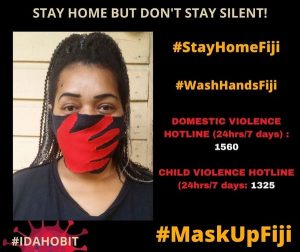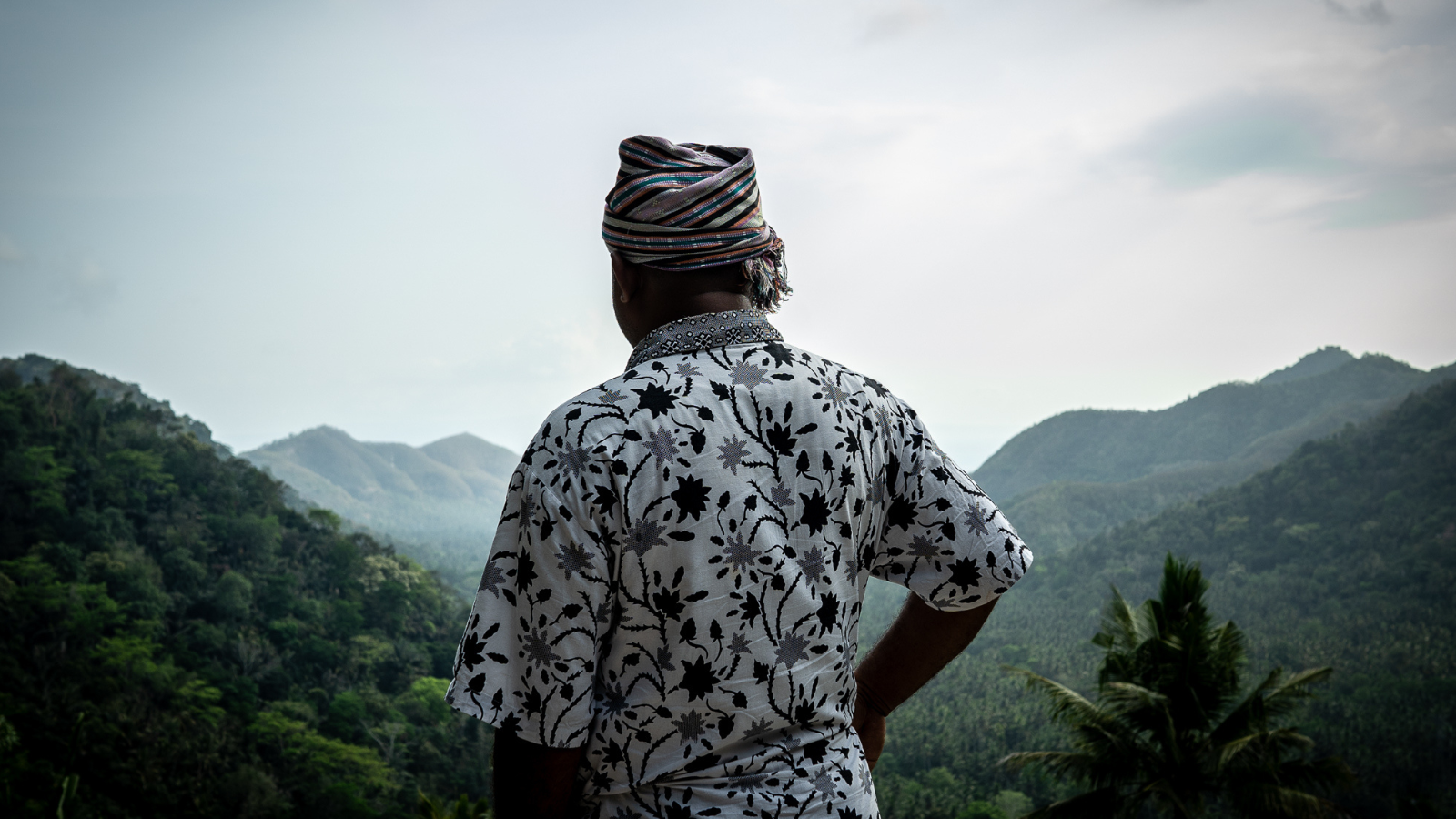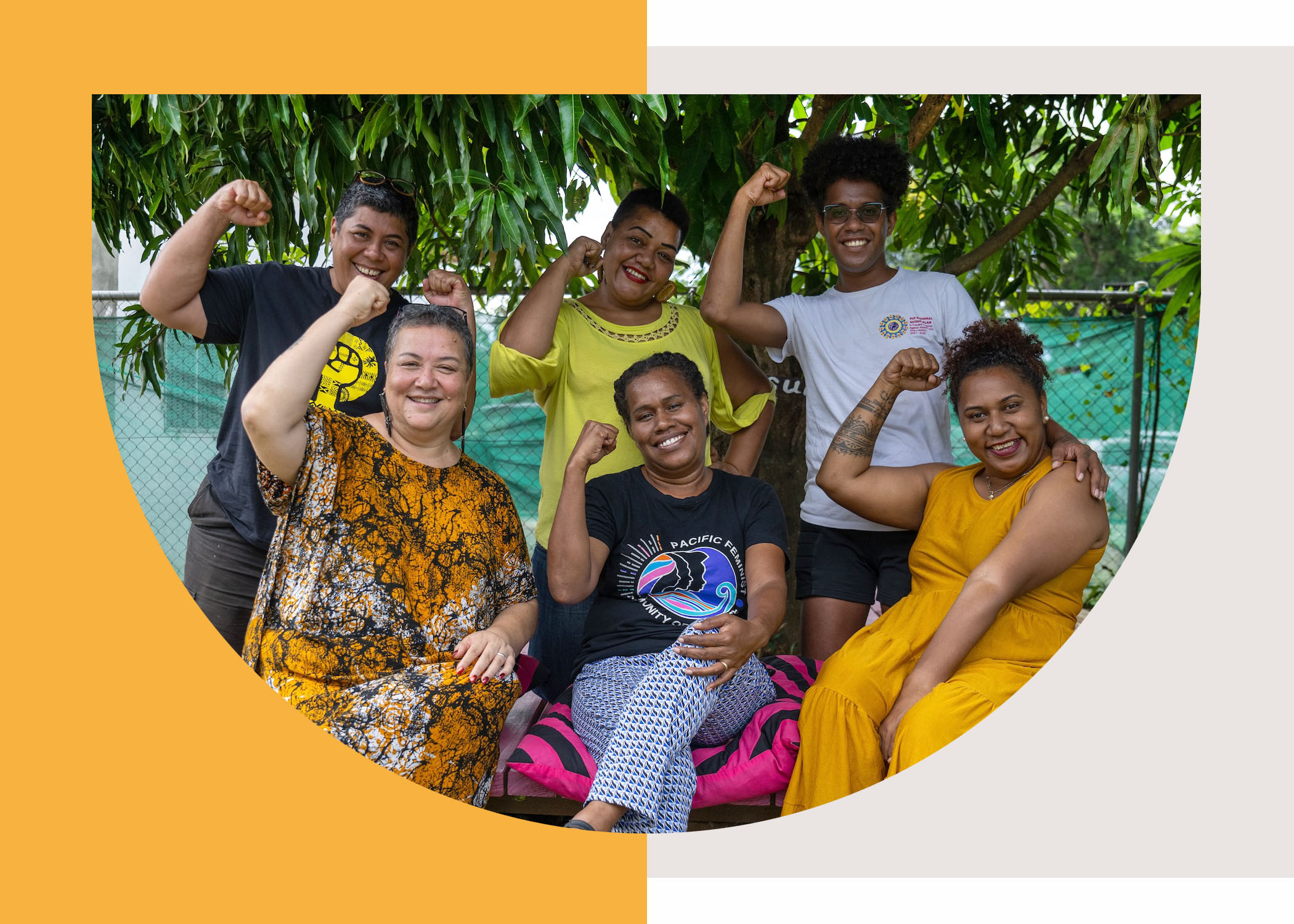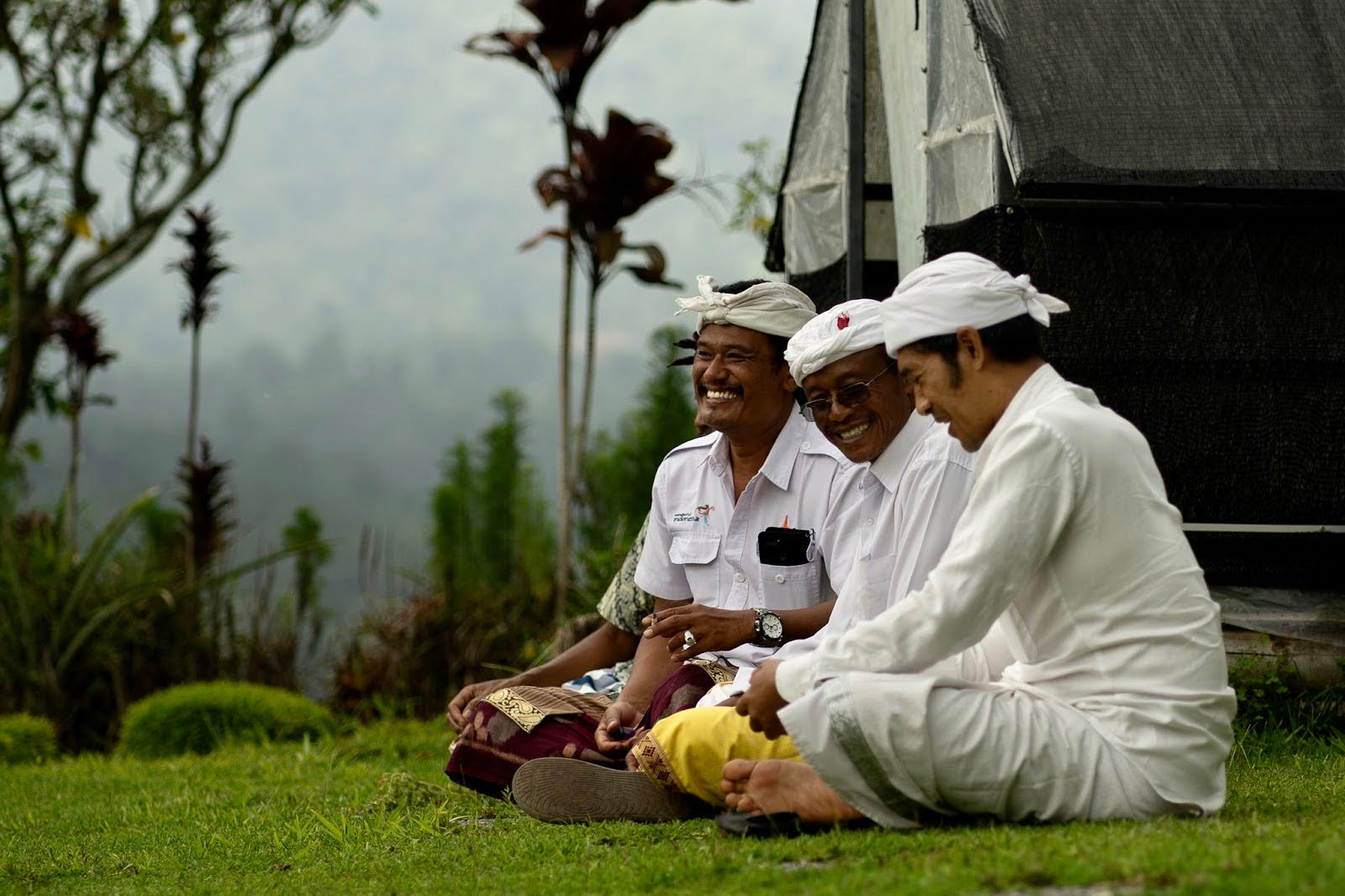People for People: Asia and the Pacific
by Cindy del Rosario-Tapan, former Director of Communications
A Q & A with Thousand Currents’ Ashlesha Khadse, Asia and the Pacific Regional Director.
What are partners sharing with you about the ongoing challenges of COVID-19 that they wish more people knew about?

These vegetables are from LILAK partner communities Ibaloi and Kalanguya women farmers and vegetable growers from Benguet, sent for their contribution to the community pantry in Barangka, Marikina led by Abby Dupale and @Raquel Fetalco Dupale.
In Asia and the Pacific, our partners are currently battling a brutal second wave of the pandemic. They are also from countries that are governed by authoritarian regimes who have simply failed their citizens, and are actively attacking frontline organizers. Amidst such apocalyptic scenarios that are heavy with loss and heartbreak, I find hope in community giving. Right now, it is neighbors, citizens, religious institutions, non-profits, and social movements who are taking care of each other. Take Ana Patricia Non, a Filipino woman who started a small shelf of rice, vegetables, and facemasks for hungry and jobless Filipinos. The pantries were replicated across the country, drawing hundreds of community members who saw the handwritten slogan: “Give according to your means, take according to your need.” A symbol of national solidarity that also rebuked the Duterte administration’s inaction, Non’s pantry was red-tagged for communist ties. After it was shut down, a public outcry erupted that laid bare the false claims — and Non’s pantry has since reopened.
What are the immediate things that the community needs right now?
Right now, communities need medical supplies, testing, vaccines, food rations, masks, cash transfers, medium and long-term livelihood support, mental health care, counseling, and support for domestic and gender based violence.
Is there a story from the community you’d like to share?

Social media COVID campaign by DIVA that provides numbers of domestic and child violence.
In the Pacific, a strict lockdown is preventing DIVA for Equality’s frontline support from reaching members in remote areas. From afar, they are providing sex workers, elderly populations, and LGBTQ women in Fiji with cash transfers and rent payments. Gender based violence and police brutality against street workers is also on the rise, so DIVA is providing safe houses and 24/7 phone support. And they know this is just scratching the surface. “We cannot talk about long term societal change, while bellies are rumbling,” said DIVA. Even as they produced 26,000 school meals for children from impoverished households last year, they know socioeconomic conditions are in peril. DIVA is doing its part and then some, but they can only go so far. Solidarity-based mutual aid for material change must accompany any work on structural change.
How can our community in the U.S. show up for our partners?
Stand against vaccine and medicine inequality and demand the U.S. government lift all barriers making it impossible for Global South countries to fight this pandemic. The need of the hour is for a people’s vaccine that is available as a global common good — not a profit vaccine. Our partner DIVA said it best, “This is NOT the time for radical capitalism to make money on vaccines and therapeutics to save lives. It never is.”
What has it been like for you to hear about all of this from the partners?
It has been a difficult time. Many of our partners and their own staff have been infected with COVID-19, and lost loved ones. They have endured horrible personal tragedies while doing incredible work to show up for their communities. I see now that this type of mutual support, solidarity, and movement building is our only hope for just and thriving societies.
Related Stories



